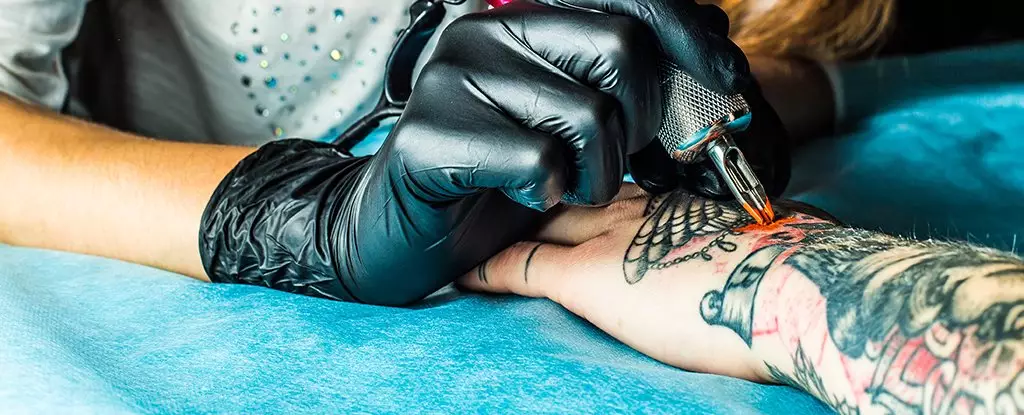The recent study conducted by the National Center for Toxicological Research (NCTR) and the Center for Food Safety and Applied Nutrition (CFSAN) has shed light on the concerning issue of bacterial contamination in tattoo inks and permanent makeup. The researchers found that a high percentage, approximately 35 percent, of the commercial samples tested contained bacteria. This included both aerobic and anaerobic bacteria, with implications for potential infections, as anaerobic bacteria can survive in low-oxygen environments such as the dermal layer of the skin. These findings raise serious concerns about the safety of tattoo inks and the risk of bacterial infections associated with them.
The team tested 75 ink samples from 14 different manufacturers, all of which were sealed and unopened. The results showed that 26 of the 75 samples contained microorganisms, including 8 potentially pathogenic species. Notably, the most common species found were from the Staphylococcus genus, which is known to cause a variety of infections. What is particularly alarming is that 49 of the 75 samples were labeled as sterile and free from bacteria by the manufacturers, yet the testing revealed a different reality. This highlights a significant discrepancy between product labeling and actual bacterial contamination, raising questions about the effectiveness of current sterilization procedures for tattoo inks.
With approximately one in three adults in the US having at least one tattoo, the issue of bacterial contamination in tattoo inks becomes a critical public health concern. While previous research has linked tattooing to various health issues, including cancer risks and immune system reactions, microbial infections are now being recognized as an additional risk. The study points out that these infections may not be solely due to hygiene or aftercare practices but could also be attributed to the presence of bacteria in the inks themselves. This underscores the necessity of thorough monitoring and evaluation of tattoo ink sterilization methods to ensure the safety of tattoo recipients.
In light of the study’s findings, lead researcher Seong-Jae Kim emphasizes the importance of ongoing monitoring and microbial safety assessments of tattoo inks. There is a clear need for manufacturers to enhance their sterilization procedures and for regulatory bodies to enforce stricter guidelines and standards in the production of tattoo inks. Additionally, educating tattoo artists and the general public about the risks of bacterial contamination in tattoo inks is crucial for preventing infections and promoting safe tattooing practices. By addressing these issues proactively, the tattoo industry can better protect the health and well-being of tattoo enthusiasts.


Leave a Reply